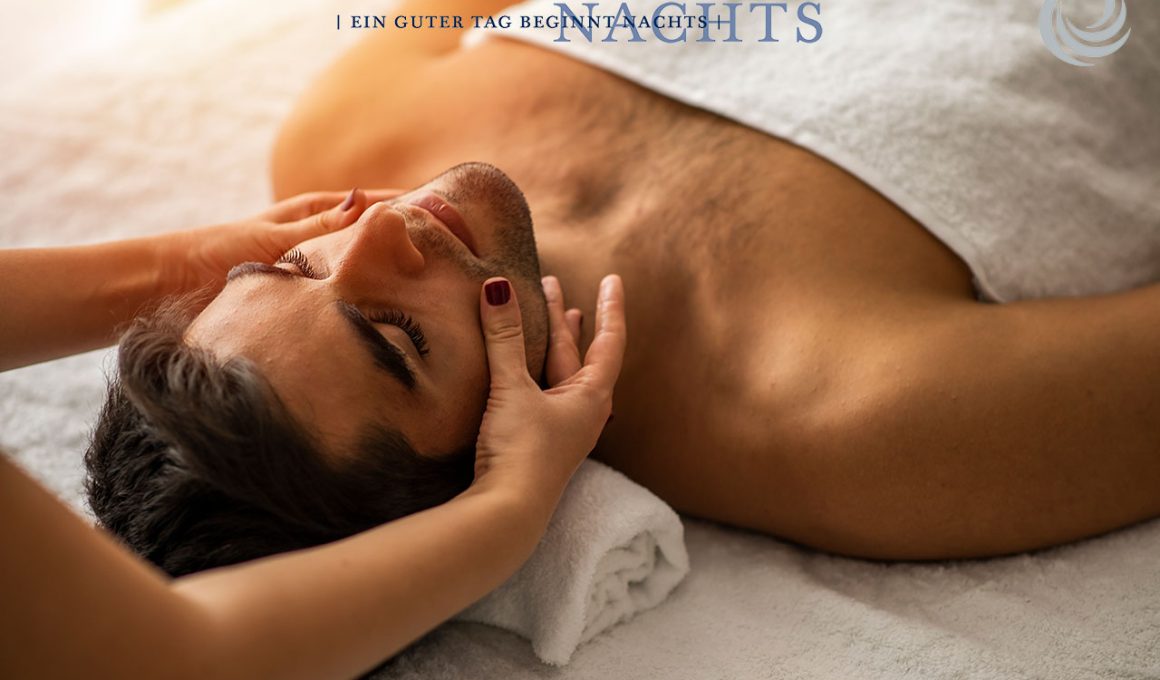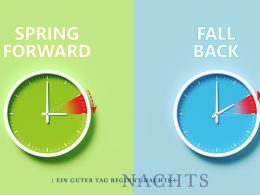Many people take their professional and private problems to bed with them. Constant availability and sensory overload increase mental stress and thus stress-related sleep disorders. Body and mind remain under tension. Unfinished tasks, unresolved conflicts, massive anxiety or even upcoming stressful situations – thoughts circle from one topic to the next and don’t want to calm down.
Our sleep research has also shown that difficulties falling asleep and sleep disorders are often the result of incorrect or inadequate bedding. For example, cold feet can be one of the most common causes of difficulty falling asleep. This is where the individually customised warming duvet and our SLEEPIES sleep shoes can help.
Brooding and recurring thought patterns cause insomnia
In these hectic times, we often lack the time to relax and recharge our batteries for the demands of everyday life. The causes of nervousness and restlessness vary, but the consequences are always the same: body and mind lack the necessary rest. It is impossible to fall asleep, no matter how tired we are. We also put ourselves under pressure when we go to sleep because we want to wake up rested the next day and achieve the opposite. The result is a lack of sleep, which makes the following day a misery. We perform less well, react irritably and quickly become exhausted. This leads to more stress and problems, which in turn prevent us from resting at night. Our tension continues to build up – a vicious circle. We can only cope with stress in the long term if we are able to rest in between. If we don’t get enough rest over a longer period of time, this has consequences for our body. Our defences against illnesses are weakened and infectious agents can attack us more quickly. Constant stress also attacks the psyche. Without rest, depression, burn-out and more can develop.
Many after-work activities do not contribute to relaxation. Watching an exciting film on TV, constantly looking at the blue light of your smartphone or having a stimulating phone call with friends does not allow you to switch to rest mode. The body cannot switch from stimulation to relaxation at the touch of a button. This prolongs the time until we finally fall asleep.
1. Relaxation rituals make it easier to fall asleep
We can use self-help measures to prevent problems falling asleep and staying asleep. These include rituals that emphasise the difference between work and leisure or stress and relaxation. A clear signal is to change from work clothes to leisure clothes when entering the home. We finish our daily programme, such as tidying up, at least two hours before going to bed. When we get tired, we should switch off the television, especially if we are watching stimulating or upsetting programmes. This also prevents us from falling asleep restlessly in front of the television. Regularly going to bed at the same time helps to establish a sleep rhythm. This helps not only children but also adults to fall asleep. Even if we sleep badly, it is best to stick to regular sleeping times. Any resulting sleep deficit is quickly compensated for.
Sport and exercise are distracting and make you tired – as long as you give your body enough time to readjust to the rest phase. A strenuous workout in the gym should be finished an hour before bedtime. A relaxing evening walk, on the other hand, can round off the evening right before going to bed. It can also create a physical distance from an environment in which relaxation is difficult. Reading a book is just as ideal an evening activity as listening to an audio book or soothing music. Warm baths and massages help us recover from stressful days and quickly tire us out.
2. Active strategies for body and mind against sleep disorders
Relaxation of body and mind can be supported with special methods. With yoga, tai chi, autogenic training or progressive muscle relaxation, we can concentrate on posture and breathing away from stressful thoughts. Even and deep breathing calms the body, promotes blood circulation and relaxes the muscles. Meditation is suitable for mental distraction from stress and worries.
‘Sleep is the best meditation.’ (Dalai Lama)
The best time to deal with specific problems is long before going to bed. To-do lists, notes or a sleep log help us to deal with problems, narrow them down or not forget important tasks. Before going to bed, thoughts should only revolve around positive topics or reflect on the good things that happened during the day.
Did you know that pieces of music with 60 to 70 beats per minute are ideal for falling asleep, as this tempo corresponds to the heartbeat? Many classical pieces of music have been proven to relax our brain and allow us to calm down. In general, the ‘little sleep music’ should be as soft and light as possible.
3. Natural relaxation aids
There are over-the-counter herbal or homeopathic remedies that can help to calm the autonomic nervous system and make it easier to fall asleep. Small herbs can help: Valerian has a sleep-promoting effect. Magnesium and calcium calm the nervous system, lower blood pressure and relax arteries. Hops are a natural sedative, but not in combination with alcohol. L-theanine in green tea supports a peaceful sleep. Fragrances also create the right atmosphere for sleep. The best combination for this is our Zirberella range, which perfectly combines fragrance, sleep and many other benefits. The scent of a fresh apple next to the bed is an old household remedy that contributes to relaxation. Aromatic oils such as Swiss stone pine oil also exude a pleasant woody fragrance.
4. Sleep aids for children: Bedtime stories and cuddly toys
By talking to children at bedtime, we can teach them to put stressful things to one side and say goodbye to the day with a good feeling. Cuddly toys as ‘transitional objects’ of the nightly separation from the parents are a great help in falling asleep and sleeping through the night.
Stress, anxiety and high levels of pressure at home and at work cause sleepless nights for almost everyone at some point. We don’t fall asleep at night and during the day we are tired and unable to perform. It is important to actively counteract this negative spiral of poor sleep. There are many ways to review your own lifestyle and change to a sleep-promoting day and evening rhythm. Rest your body and mind: Exercise, nutrition, relaxation, balance, structure and the right distractions from everyday life – this is what we deal with if we want to find restful sleep.














